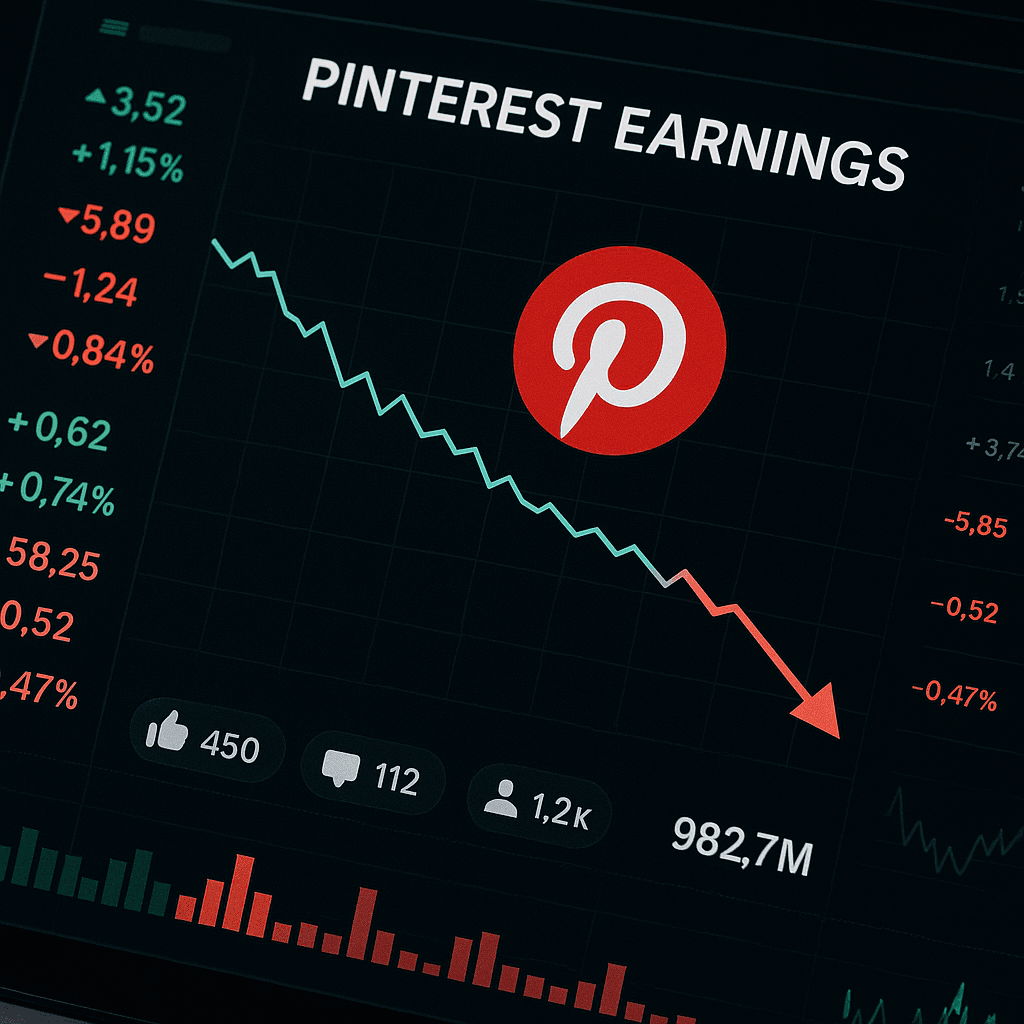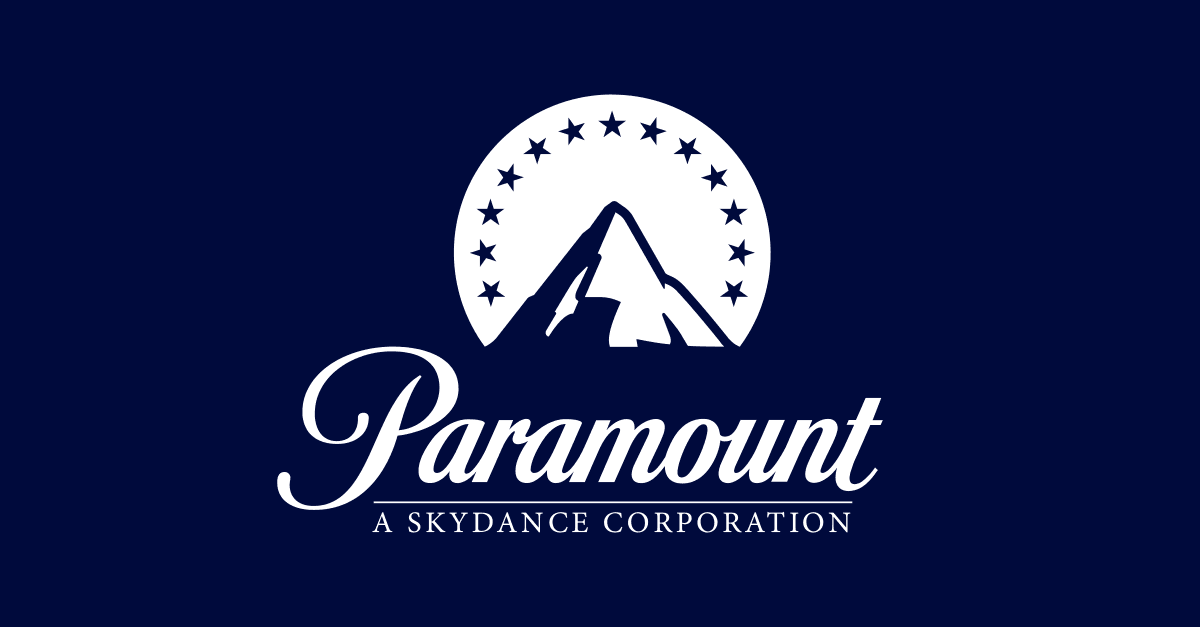TL;DR
- - Figma's IPO injects $24B into top VC portfolios.
- - 250% stock surge marks potential market recovery.
- - VC firms may ride wave of renewed IPO activity.
- - Figma's IPO success hints at bullish tech investment climate.
After years of lackluster IPOs, Figma's explosive stock market debut has handed venture capital firms a collective $24 billion windfall. This significant IPO not only marks a triumph for early investors but also signals a potential turn in the tech investment landscape. As the Nasdaq inches toward record highs, the renewed vigor around tech IPOs offers a promising outlook for venture capitalists and investors alike.
Opening Analysis
Figma’s recent IPO represents a tectonic shift in the venture capital landscape, delivering a windfall to some of the top VC firms like Index Ventures, Greylock, Kleiner Perkins, and Sequoia. The long-awaited resurgence of tech IPOs hit a high note as Figma's stock soared by 250% on its first day of trading, closing with a market cap nearing $68 billion. This stands in stark contrast to the drought of successful IPOs since late 2021, primarily caused by macroeconomic hurdles such as inflation and rising interest rates, which had discouraged ventures into high-risk investments.
Market Dynamics
The success of Figma's IPO is part of a broader trend that has seen a handful of tech firms rebound in the public market. Companies like Circle and CoreWeave have also re-entered public trading with notable success. Collectively, these companies are setting a hopeful precedent for tech IPOs post-2023, signaling that investor confidence might be returning amidst a stabilizing economic environment. As these firms pave the avenue for high returns, VC firms that have previously struggled to liquidate investments could now potentially see similar exits.
Technical Innovation
Figma's platform is not just another success story due to investor strategy—it also underscores the importance of technical prowess. Figma has consistently captivated its user base with its collaborative design platform, ensuring a dominant position within its niche market. The collapse of a prior acquisition deal with Adobe turned out to be a blessing, positioning Figma as an independent powerhouse capable of substantial growth and innovation, thus generating even greater shareholder value than initially anticipated.
Financial Analysis
Figma managed to raise $1.2 billion during the IPO, although much of the valuation surge has yet to be realized given the lock-up periods on shares. Current investors, while celebrating on paper, must wait until early next year to cash out, raising interesting questions about potential future liquidity events. The case of Figma also highlights the ongoing debate about initial public offering pricing strategies and the intricacies involved in managing significant post-IPO gains.












